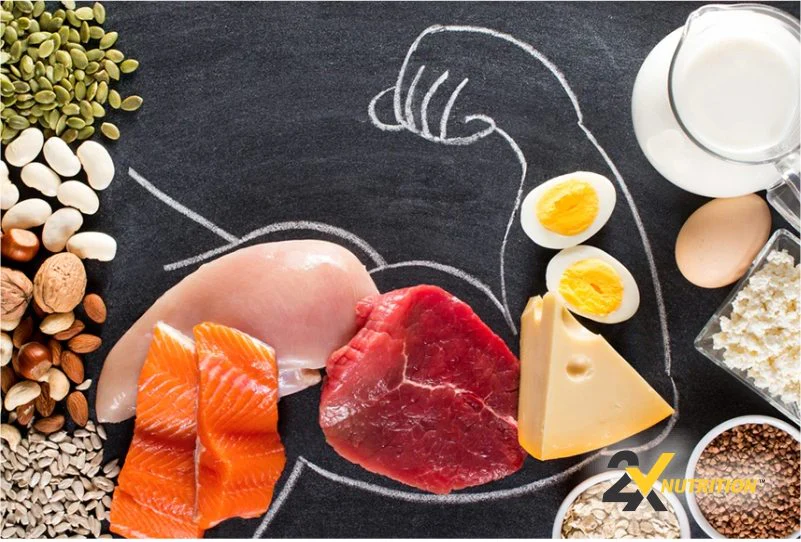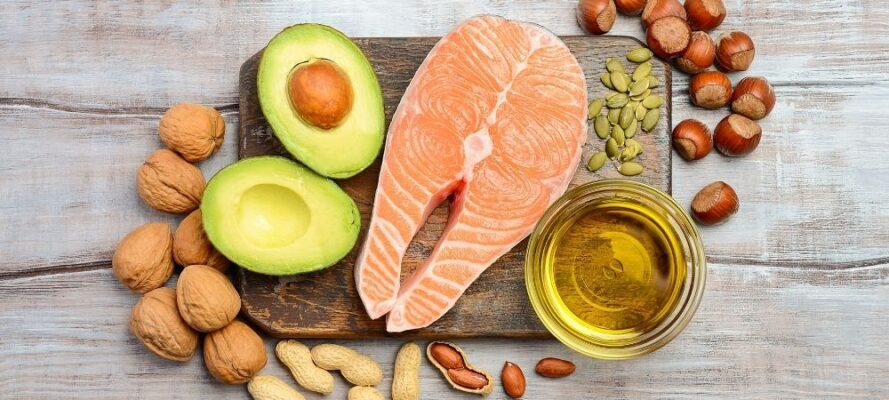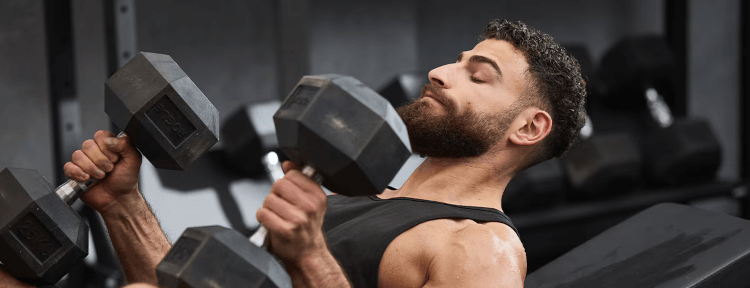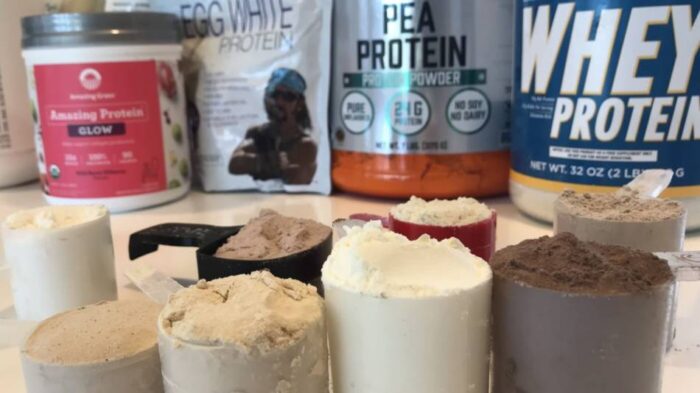Building muscle is a goal that requires more than just lifting weights. Proper nutrition is equally important in maximizing your gains, repairing muscle tissue, and providing your body with the fuel it needs to perform and grow stronger. A well-structured meal plan for muscle gain ensures you’re consuming the right balance of macronutrients, calories, and nutrient-dense foods.
In this article, we’ll break down the essential components of a muscle gain meal plan, outline a sample meal plan, and provide tips to optimize your nutrition for results.
1. Understanding the Basics of Muscle Gain
To gain muscle effectively, your body needs:
A calorie surplus: You must consume more calories than you burn to provide the energy needed for muscle growth.
Adequate protein: Protein is essential for muscle repair and synthesis.
Carbohydrates: Carbs fuel your workouts and help with recovery.
Healthy fats: Fats support hormone production, including testosterone, which plays a key role in muscle growth.
2. Macronutrient Breakdown for Muscle Gain
Here’s a general guideline for macronutrient distribution:
Protein: 1.0 – 1.2 grams per pound of body weight
Carbohydrates: 2.0 – 2.5 grams per pound of body weight
Fats: 0.3 – 0.4 grams per pound of body weight
Example for a 180-pound individual:
Protein: 180–216g
Carbohydrates: 360–450g
Fats: 54–72g
Total Calories: ~3,000–3,500 kcal/day
3. Best Foods for Muscle Gain

Protein Sources:
Chicken breast, turkey, lean beef
Eggs and egg whites
Greek yogurt, cottage cheese
Fish (salmon, tuna, cod)
Plant-based: tofu, tempeh, lentils, beans, quinoa
Carbohydrate Sources:
Brown rice, oats, quinoa
Whole wheat bread/pasta
Sweet potatoes, potatoes
Fruits: bananas, berries, apples
Vegetables: broccoli, spinach, kale
Healthy Fats:

Avocados
Nuts and seeds (almonds, chia, flax)
Olive oil, coconut oil
Fatty fish (salmon, sardines)
4. Sample Meal Plan for Muscle Gain (3,000 Calories)
Meal 1 – Breakfast
4 eggs + 2 egg whites (scrambled)
2 slices whole grain toast
1 cup cooked oatmeal with banana and peanut butter
1 glass whole milk
Calories: ~750
Meal 2 – Snack
Protein shake (1 scoop whey protein + banana + almond milk)
Handful of almonds
Calories: ~400
Meal 3 – Lunch
Grilled chicken breast (6 oz)
1 cup brown rice
Steamed broccoli and carrots
1 tbsp olive oil (drizzled)
Calories: ~700
Meal 4 – Pre-Workout Snack
Greek yogurt (1 cup)
Mixed berries
Granola (1/4 cup)
Calories: ~350
Meal 5 – Post-Workout Dinner
Grilled salmon (6 oz)
Baked sweet potato
Spinach salad with vinaigrette
Calories: ~650
Meal 6 – Evening Snack
Cottage cheese (1 cup)
1 tbsp natural peanut butter
Whole grain crackers
Calories: ~300
5. Tips for Effective Muscle Gain

Eat consistently: Aim for 5–6 meals/snacks per day to maintain a steady supply of nutrients.
Stay hydrated: Water supports digestion and muscle function.
Track progress: Monitor weight, strength gains, and adjust your meal plan as needed.
Prioritize whole foods: Minimize processed foods and focus on nutrient-dense options.
Get enough sleep: Recovery and muscle growth occur during rest.
6. Supplements (Optional)

While whole foods should be your foundation, these supplements may support your goals:
Whey protein: Convenient protein source post-workout.
Creatine monohydrate: Enhances strength and muscle growth.
Omega-3s: Supports heart health and reduces inflammation.
Multivitamin: Covers any nutritional gaps.
Conclusion
A successful muscle gain meal plan is built on strategic nutrition that fuels your body, supports your workouts, and helps repair and grow muscle. Focus on whole foods, eat in a consistent calorie surplus, and ensure you’re meeting your macronutrient targets. Combined with a proper strength training program, this approach will set you on the path to achieving your muscle-building goals.

